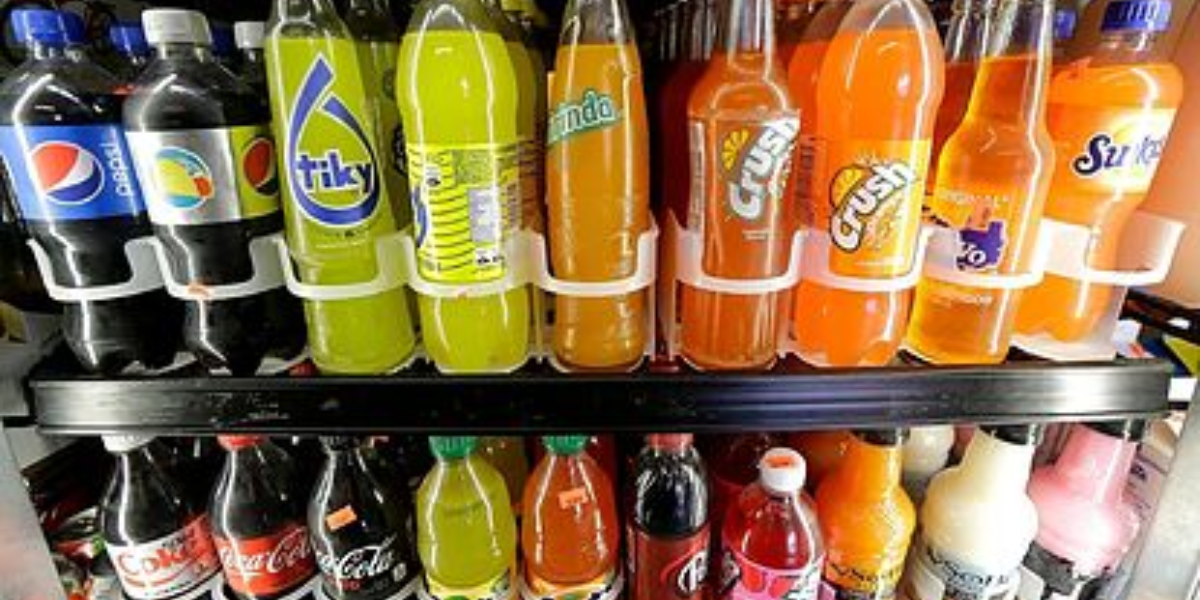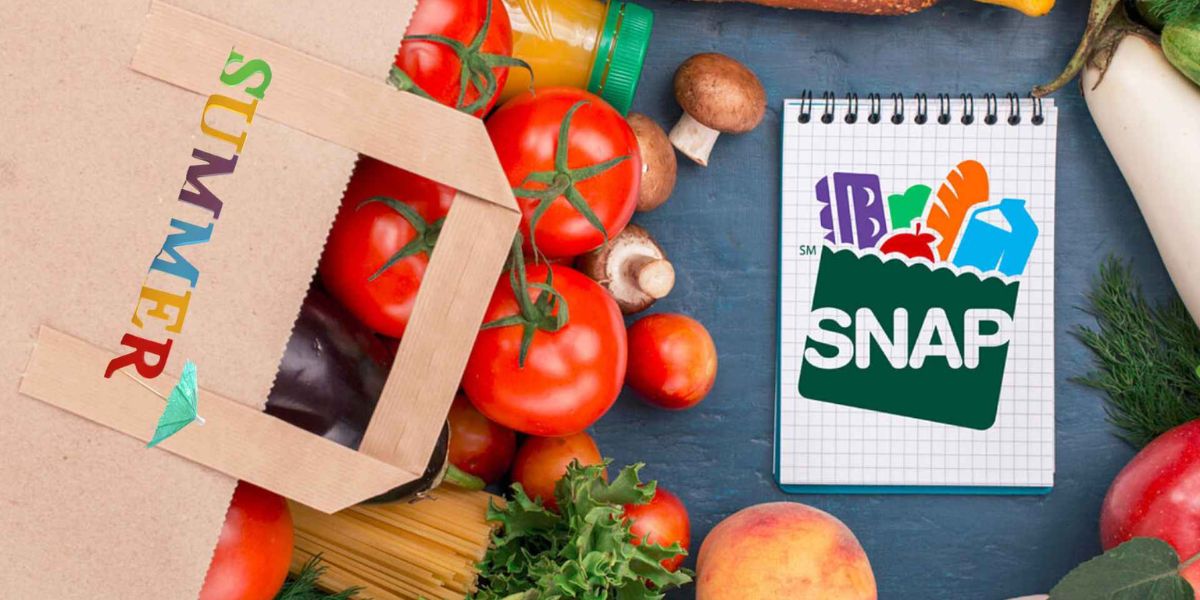LINCOLN, Neb. — In a landmark decision poised to reshape how government food assistance is used, Nebraska has become the first state in the nation to receive federal approval to prohibit the use of Supplemental Nutrition Assistance Program (SNAP) benefits for the purchase of sodas and energy drinks.
The decision, announced by U.S. Secretary of Agriculture Brooke Rollins earlier this week, will affect approximately 152,000 SNAP recipients in the state. Rollins hailed the move as “a historic step to Make America Healthy Again,” underscoring the administration’s renewed focus on nutrition and wellness.
A Major Shift in SNAP Policy
The ban is set to take effect on January 1, 2026, marking a significant departure from how SNAP, formerly known as food stamps, has been administered for decades. The program, which currently supports more than 42 million low-income Americans nationwide, has traditionally allowed recipients broad discretion in choosing food and beverages — including sugary drinks.
Governor Jim Pillen, a strong advocate of the measure, defended the new policy as a commonsense reform. “There is absolutely no reason taxpayers should subsidize the purchase of soft drinks and energy drinks,” Pillen said. “SNAP is meant to promote health, and these products add no nutritional value.”
Other States Eye Similar Moves
Nebraska’s move could set a precedent. At least six other states — Arkansas, Colorado, Kansas, Indiana, Iowa, and West Virginia — have submitted similar waiver requests to the U.S. Department of Agriculture (USDA). While some states are considering bans on additional items like flavored popcorn or low-fruit-content juices, others are looking to expand SNAP eligibility for hot meals, such as rotisserie chicken, which is currently restricted.
These varied approaches reflect a growing national debate over how to best shape the country’s food aid programs in the interest of public health, cost-efficiency, and dignity.
Pushback from Advocates and Policy Groups
Despite praise from state officials and federal leaders, the policy has ignited strong criticism from food security advocates and social justice organizations. The Food Research & Action Center (FRAC), a prominent anti-hunger nonprofit, argues that the ban misses the mark.
“Incentive-based policies, not punitive ones, are more effective and dignified in improving nutrition,” said Gina Plata-Nino, FRAC’s deputy director. “This kind of restriction does not address the root causes of poor nutrition, such as lack of access to fresh food, education, and income.”
In Nebraska, some local advocates have expressed concern that the policy stigmatizes low-income families. Eric Savaiano, policy coordinator at Nebraska Appleseed, said the average SNAP benefit in the state amounts to just $5.82 per person per day — barely enough to cover three nutritious meals.
“If we want people to eat better, we should invest in giving them more resources, not shame them for their food choices,” Savaiano said.
Retailers and Rural Communities Brace for Impact
Beyond public health debates, the ban is also expected to introduce logistical challenges, particularly for small and rural retailers. Many grocers worry about the burden of updating point-of-sale systems to exclude certain products from SNAP transactions — a process that could be both time-consuming and expensive.
“These changes may seem simple on paper, but for small stores in rural towns, it could mean added costs and confusion,” said Mary Nguyen, a regional grocer association spokesperson. “Ultimately, it could reduce access for the very people the program is supposed to help.”
A Broader Context of Federal Cuts
The policy comes amid broader national conversations about the future of SNAP funding. Congressional Republicans have proposed a $230 billion cut to the program as part of a broader budget package aligned with Trump-era tax reforms. A Yale University analysis suggests that such cuts would disproportionately affect the bottom 40% of earners while benefiting the wealthiest Americans.
As the January 2026 implementation date approaches, Nebraska will be closely watched by policymakers and public health experts nationwide — either as a pioneering example of responsible reform or a cautionary tale of unintended consequences.
“This article was written by Mathew Owen. AI tools were used lightly for grammar and formatting, but the ideas, words, and edits are all mine.”


 by
by 

